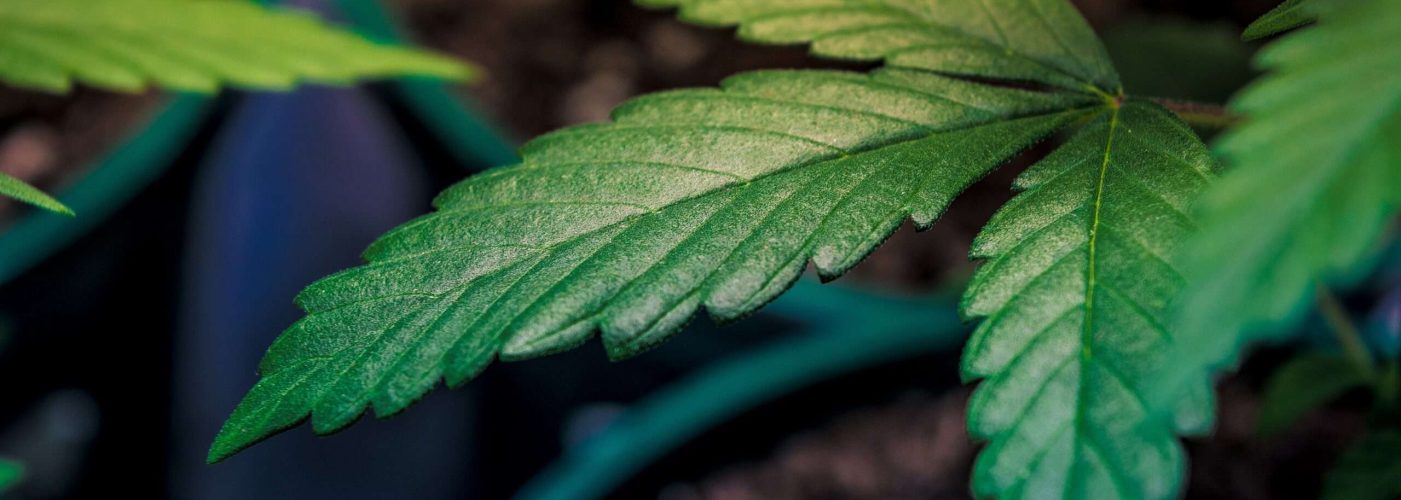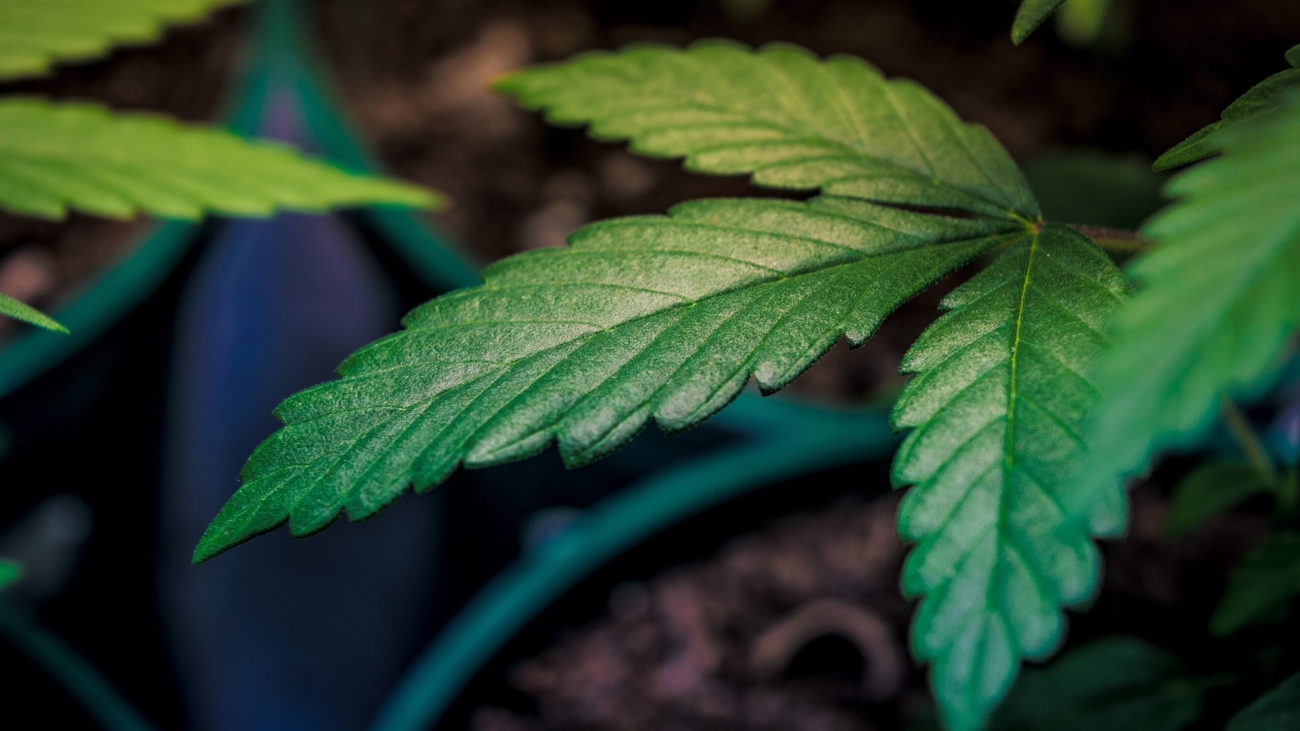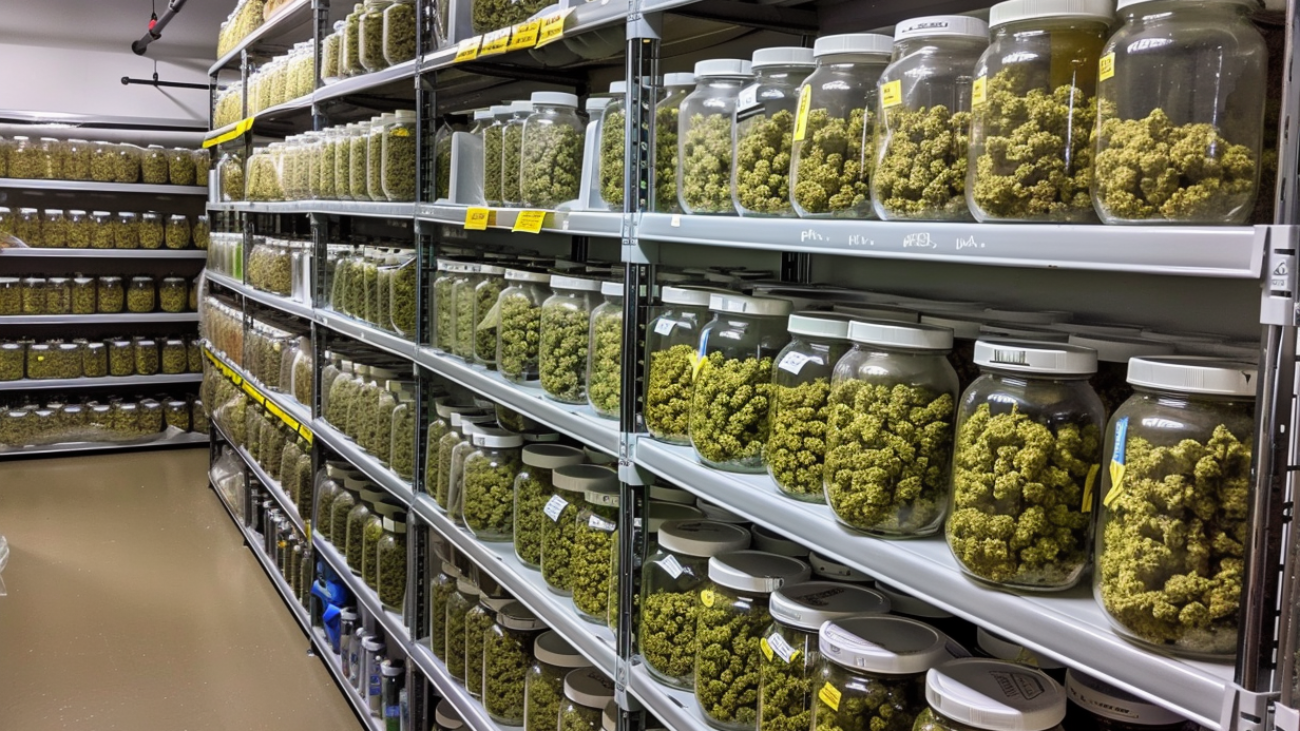
It appears that cannabis is on track for rescheduling by the end of 2024. However, the primary benefit we anticipate for our clients is the elimination of the 280E tax burden. The author of ‘Congresswoman Says Marijuana Rescheduling Could Set Full Federal Legalization Back ‘Another 50 Years’,’ published by Marijuana Moment, raises a compelling argument.
Fortunately, by employing strategies such as the 471(c) inventory method over the past decade, Calyx CPA has managed to save our clients tens of millions in taxes. This has been achieved by substantially reducing the amount of phantom income reported due to 280E, bringing our clients’ tax liabilities closer to those of fully legal businesses. Therefore, should the industry continue to focus its efforts towards achieving full federal legalization instead of settling for the short-term reward of rescheduling? This decision is more than a mere strategy; it represents a critical juncture that could significantly influence the future of the industry.
The author suggests that if the industry shifts its focus away from fighting 280E but secures some other form of federal recognition, it might still confront financial challenges. However, any federal change could offer benefits such as improved access to banking and increased investor confidence, which could potentially outweigh the ongoing tax issues.
In contrast, the prospect of full federal legalization presents a comprehensive solution. It aims to address a wide range of issues, including the repeal of 280E, simplification of banking processes, normalization of tax treatments, and resolution of legal uncertainties. The potential benefits are substantial, ranging from increased investments to advancements in research. However, achieving this requires widespread congressional support and alignment with federal policies, presenting a challenging and potentially prolonged endeavor.
Faced with this dilemma, the cannabis industry must consider the immediate advantages of a partial legislative victory against the long-term benefits of full legalization. This decision hinges on an assessment of the political landscape, the immediacy of the industry’s needs, and its long-term objectives.
In conclusion, the direction chosen by the cannabis industry at this crossroads will profoundly impact its future. This decision necessitates not only a deep understanding of the legislative environment but also a clear vision for the industry’s future. As the cannabis sector continues to expand and mature, the path it takes now could define its role in the economy and society for many years to come.



